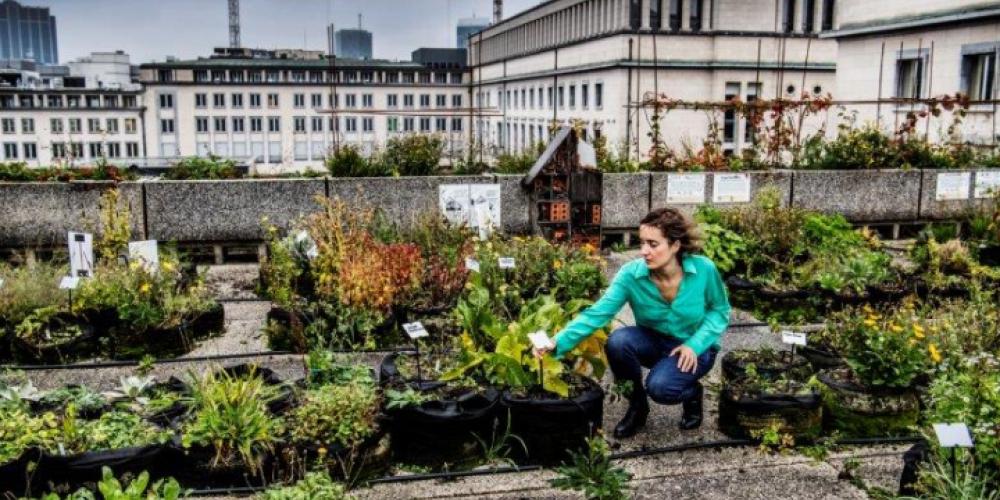
In order to map out the obstacles that urban agricultural initiatives – or so-called alternative food networks (AFNs) - face during their creation and expansion Manganelli developed the Hybrid Governance Approach (HGA) as her analytical and methodological framework. Based on scientific debate and empirical studies of the Brussels’ initiatives - such as the Boeren Bruxsel Paysans, the GASAP Community Supported Agriculture Network, the Brussels’ Regional Food Policies – as well as key food security organizations and institutional food policy initiatives, the framework identified three types of governance tensions in (expanding) AFNs and how these interact. First of all, AFN’s face organizational challenges such as the day-to-day management of the initiative, more complex decision-making processes involving more parties, policies or practical issues related to increased production such as logistics. Second, AFN also struggle in terms of resources, as for instance finding the necessary funding, human capital and land for farming. Third and finally, urban agriculture initiatives also face institutional tensions, relating to policy making at the local, regional and national level.
“To analyze alternative food networks, it is vital to have a methodological framework that starts from the hybrid nature of these initiatives. A hybrid institution is a one that exists between or across the boundaries of sectors, government departments, geographical units or combines the governance regimes of "traditional dichotomies" such as the state and the market. It is their hybrid nature that makes them interesting and definitely within a complex political structure like the Brussels Capital Region and Belgium in extension” Manganelli explains.
Toronto as an example
Manganelli also investigated community food initiatives in Toronto that have existed for a long time. She concludes that, thanks to resource stability and strong leadership of key local food policy organisations, Toronto has been able to develop the necessary organizational and institutional structure that gives voice and support to AFNs.
In this vein, Manganelli also presents different possible measures and action that are needed to sustain urban farming initiatives in Brussels, such as more cooperation with others in order to fight the scarcity and fragmention of agricultural land. In addition, she also pleads for more political support for these agricultural initiatives and argues that food policies urgently need to find their place and legitimacy within urban administrative and decision-making structures.
“As urban farming is a relatively recent phenomenon that diverges from traditional farming, it is to be expected that policy-making hasn’t adapted yet. However, there is some awareness and I believe it will increase and it will find its place in policy-making as city-based agriculture becomes more and more mainstream. Toronto has proven that it is indeed possible to sustain and support urban agriculture. It could be even considered as a best practice” she concludes.